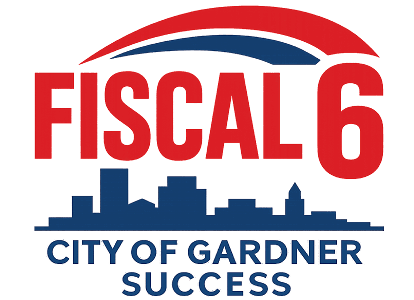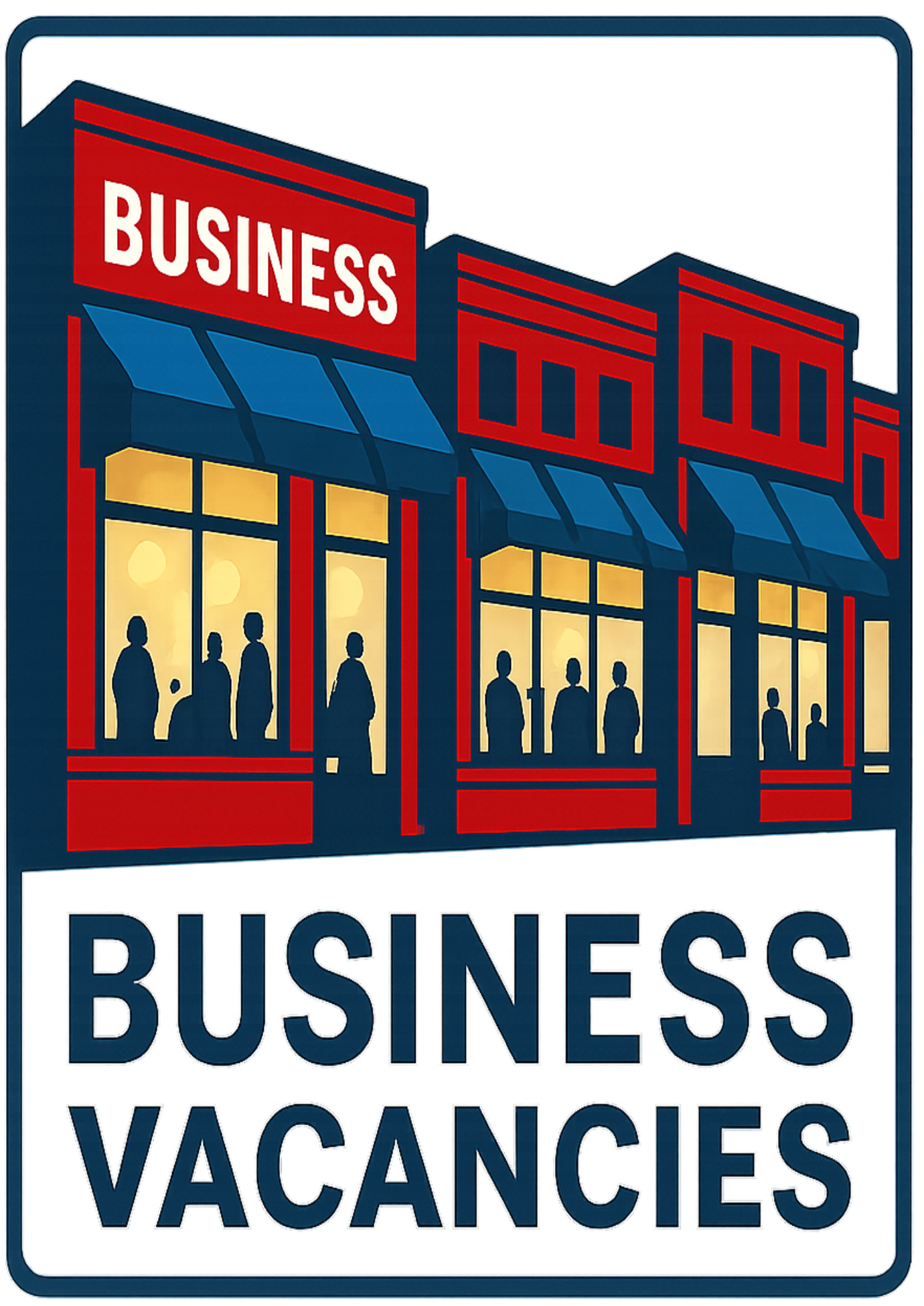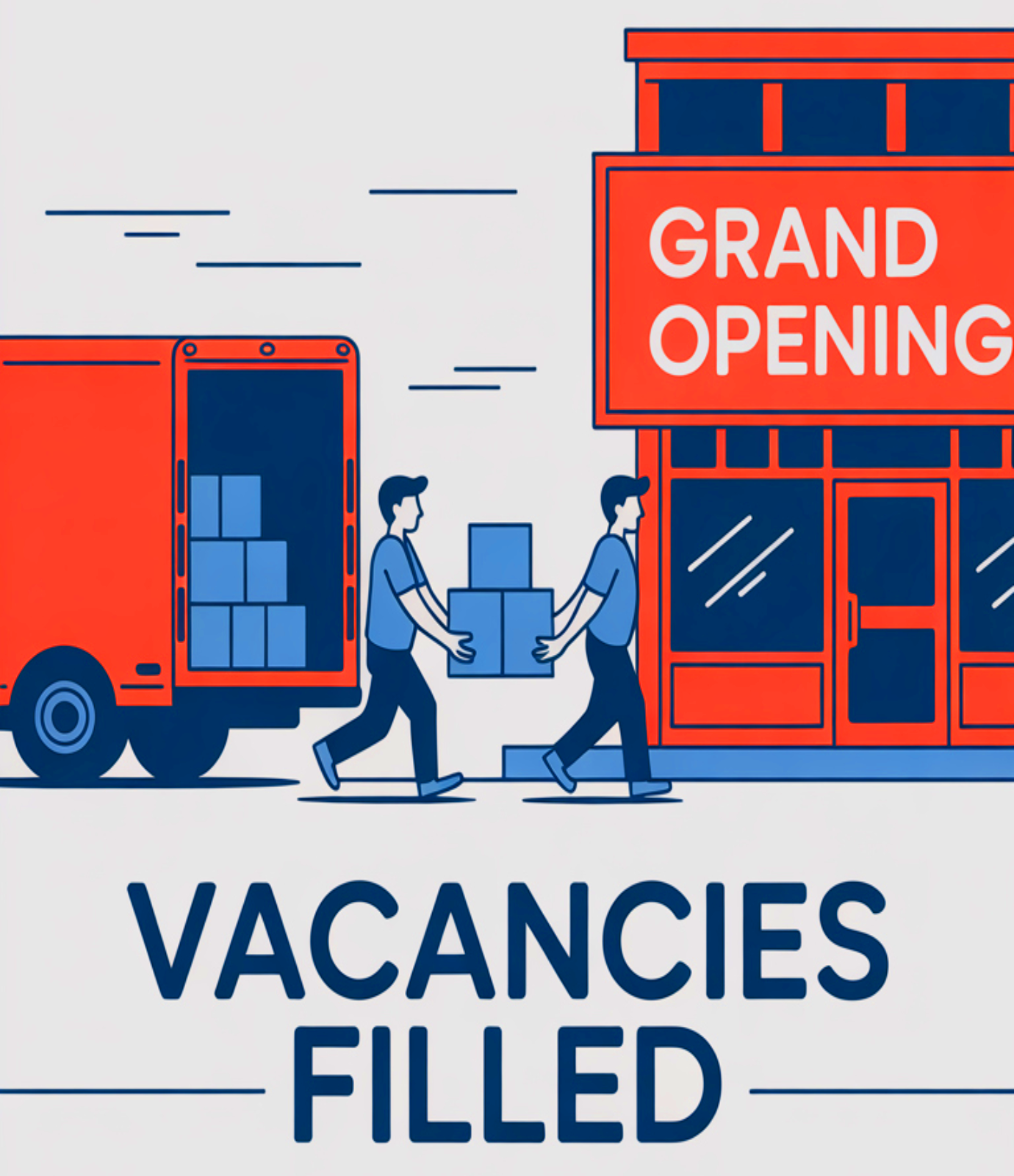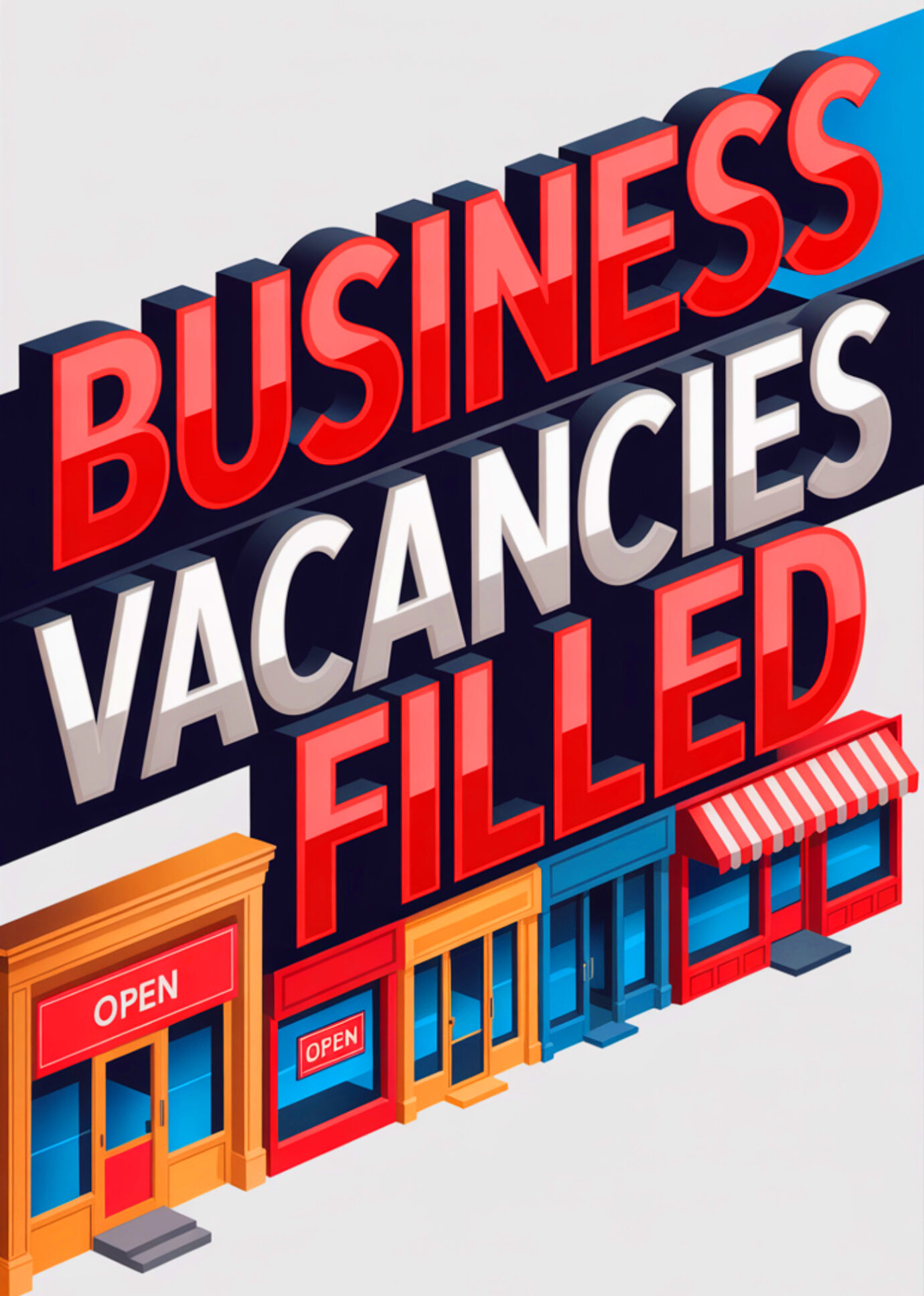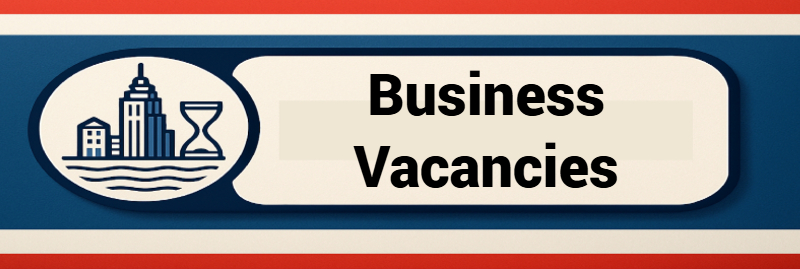
The Business Community in Gardner. The Vacant Storefront Improvement Districts. How Things Have Improved with the Focused Effort on Bringing business to Gardner. The Gardner Partnership with Business. Listen on any device. CLICK PLAY.
Bringing Business to Gardner
Question: Tell us about the situation, the condition of the business community when you came into town. What were the vacancies like when you took over as mayor in 2020?
Answer: The businesses that we had in 2020 had been long-standing businesses and people were, you know, had invested in the city for years. You look at the long-standing businesses that we had at the time like John’s Sports Shop, the Velvet Goose, the Paramount Cafe, Lakin’s Fine Children’s Apparel. You look at things in South Gardner like the Gardner Cinemas you know, the other places that are all around the city right now that had been, you know, long-standing for years or some cases even decades. And then you look at the places that had been new at the time. The 99 Restaurant was new at the time. But there were a lot of vacancies, like you just said. Things are struggling. You look at Timpany Crossroads back in 2020. They had most of the buildings were vacant at the time, if not still under construction because of those vacancies. Downtown, when we established our vacant storefront improvement districts in the Timpany Boulevard corridor and in the downtown, we had around 18 vacancies in the Timpany Boulevard corridor and around 46 in the downtown area. And that was in 2022, let alone in 2020. So we really made a focused effort in trying to bring businesses into the area and, you know, marketing ourselves and advertising ourselves to the broader community outside. And I think we’ve done a good job at that so far. You look, are there still vacancies around the city? Of course there are. Are we doing everything we can to try to fill those? Yes. But if you look, the numbers are substantially lower than where they were before. We’re down to only two in the Timpany Boulevard corridor out of the 18 that we originally had. And in the downtown area, we’re down from the 46 to around 16. So there’s still more than we’d like to see, but we’re in the process of filling those.
Question:Now, when it comes to business vacancies in the city, there’s always going to be businesses that go out and there’s going to be businesses that come in. Now, has your strategy simply been to get more businesses in, then go out? So you’re keeping ahead of it?
Answer: Yeah, I mean, absolutely. I think that’s anyone’s strategy is to try to bring more businesses in than those that leave. And not everyone’s going to last and not everyone’s going to stay, but at least they gave it a shot to try us out here in the city. And for various reasons, some have, you know, some have left, some have closed, some have relocated, but for the by and large, we’re still at a net gain from where we were.
Question:All right. So let’s talk about specific locations. Timpany Plaza, Timpany Crossroads, Downtown Gardner, other areas of the city, the small business support that you’ve given, the developer support committee that you have so that when businesses that are interested in the city come in, they’re actually shown, you know, which departments they should go to to get started. What programs specifically, since you’ve been here, have been implemented to help businesses like during and after COVID and, you know, your vacant storefront program and all that.
Answer: I mean, there’s really a lot that you’ve done and it’s hard to put it all in a short period of time, but what can you, how can you sum it up in a nutshell as to what you’ve done? Well, I think in a nutshell, the one word you have to come up with is partnership. And whether, because when these businesses are taking a chance on the community, that’s exactly what they’re doing. They’re taking a chance, they’re investing, they’re hoping things work out for that business and you want to set them up for success that’s in the end. You know, sometimes it’s been cold calling businesses to see if they come in. So for instance, you mentioned Timpany Plaza, all the Five Below and Chipotle have a partnership agreement that if one does a market analysis study somewhere, then they share that data with those other companies that are in there. So that triangle agreement that they have there, you’re marketing to one, you’re actually marketing to three. And when these businesses come in, yes, their success is their own. Their relocation is their job, but we partner with them. Sometimes it’s cold calling to say, we want you to take a chance on us. And that’s what happened with Aldi. Sometimes it’s making sure that when they’re going through the permitting process and the zoning process, we’re working with them to understand the complex situations that are there so that they can have the easiest time they’re going through it. And that’s what we’ve seen a lot of those properties that are there. Timpany Crossroads is full now when it was all but the 99 was vacant in 2020 when we started there too. And again, sometimes that’s just working through the paperwork. Sometimes that’s finding people or connecting people or maybe reaching out. I don’t know how many letters and phone calls I’ve made to different businesses saying, hey, we’ve got this location in Gardner. I think you should give it a shot. So that’s been a lot of the pre-work that we do to try to get people in. And then when they’re going through the process of when they’re starting out being like, how can we help you so that you start out successful? But during the COVID-19 pandemic, we issued small business grants and microenterprise grants and what we call shuttered business support grants. And that’s utilizing some of the federal funding that we received for COVID relief to help our business community. Our shuttered businesses were our restaurants, the movie theater, and those businesses that had to be closed longer than other businesses during the pandemic, just because of the style of business that they had. Our microenterprise was for businesses that had five or less employees because those were some of the smaller mom and pop shops that were struggling the most. And then our small business grants were those that had 50 or less employees that again, just had some type of economic shutdown. And that went to paying for things like you still had to have electricity. You still have to have heat. You still have to keep your cable and your internet subscriptions going forward. So we helped cover those while they were shut down so that they could use that money to then boost themselves back up when they were able to open up again, to recoup their sales that they lost during that time period before. So there’s a lot that we were able to do all around the city, not just in the downtown. We’ve really made a lot of investments in Gardner and I’m really proud of that.
